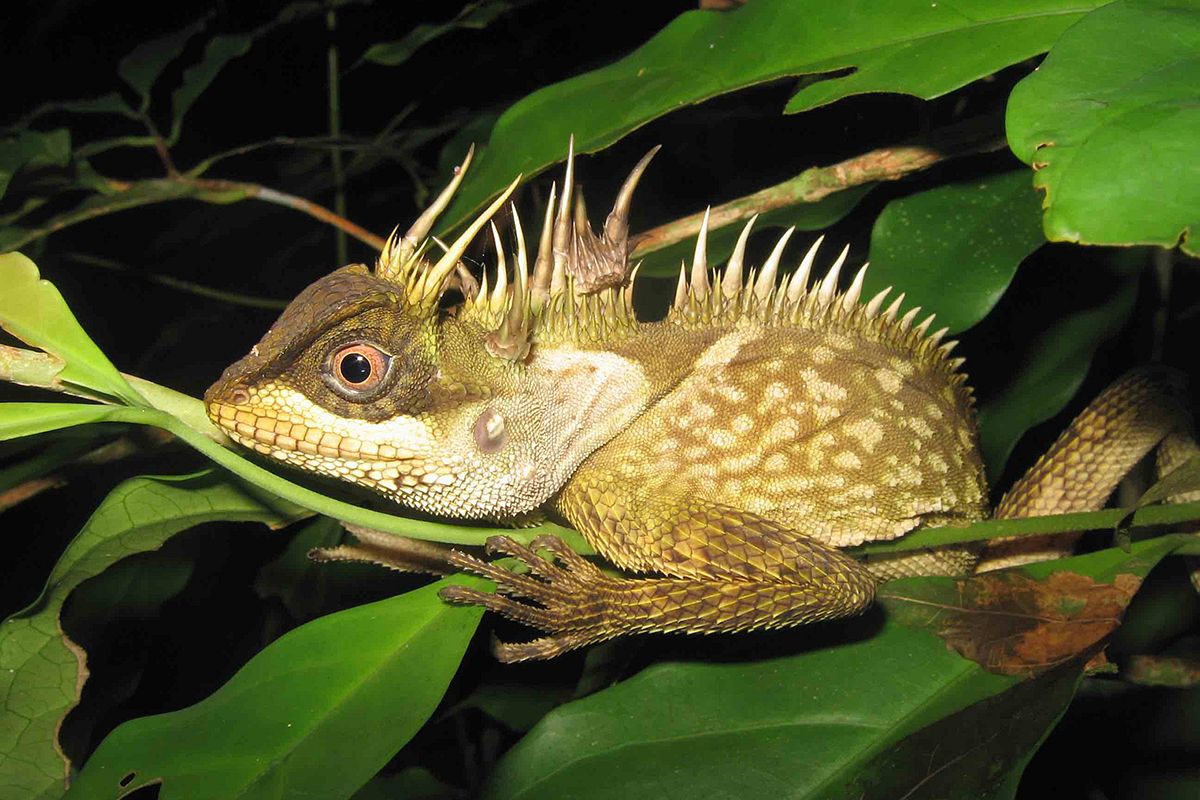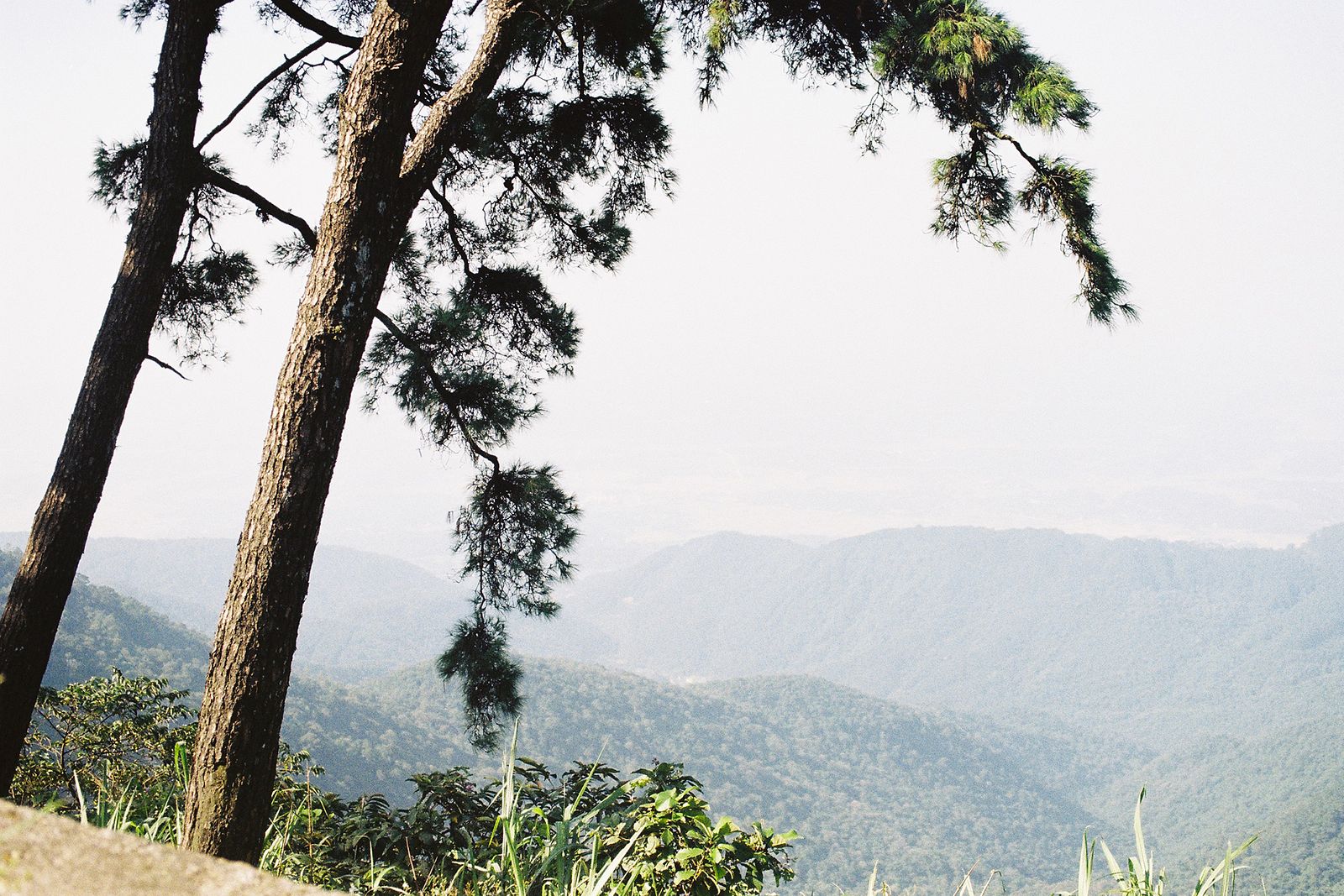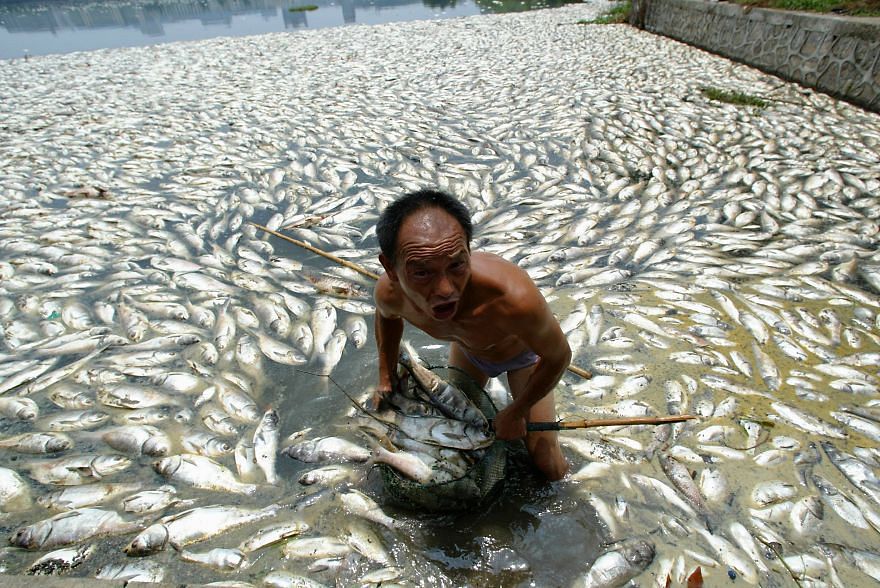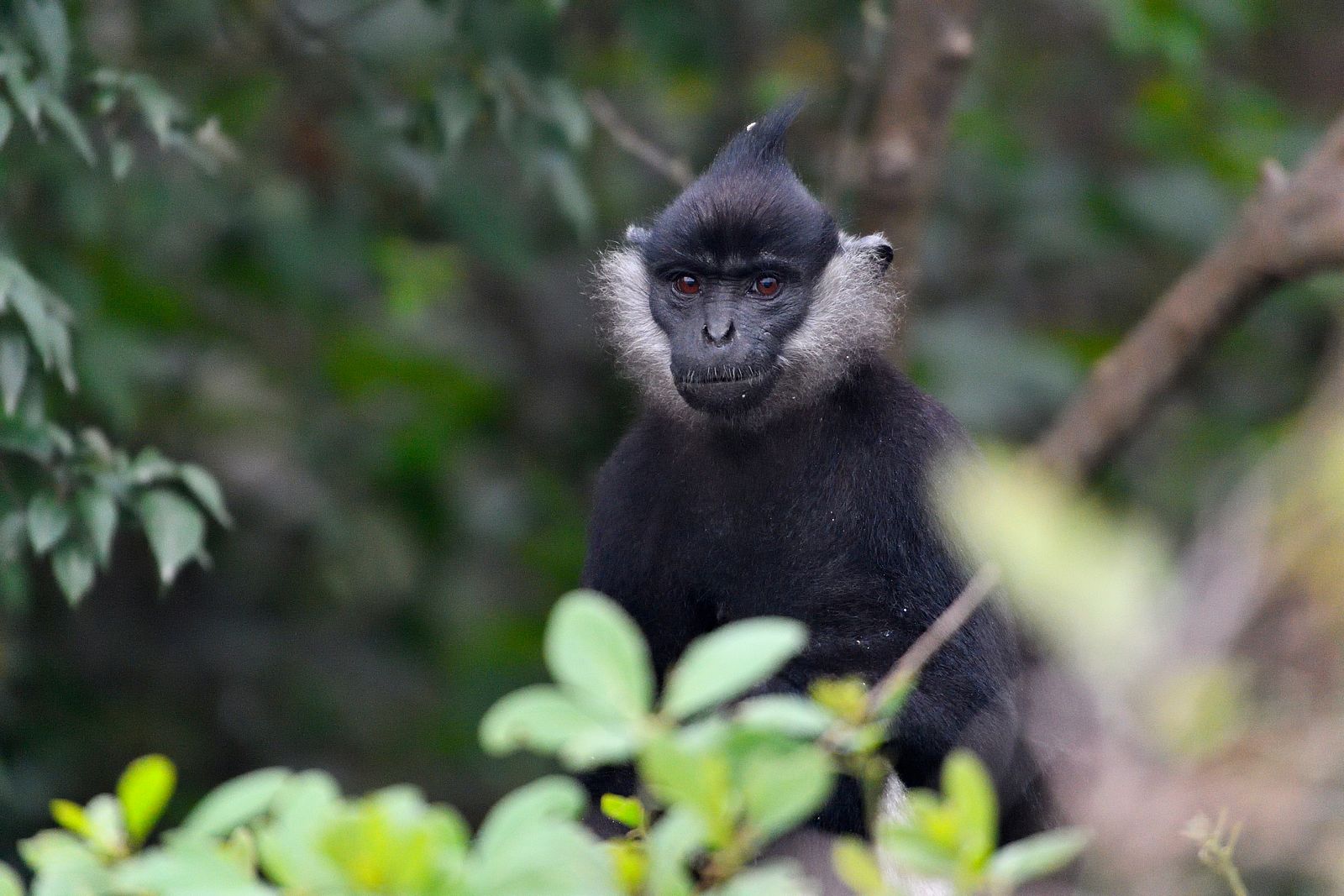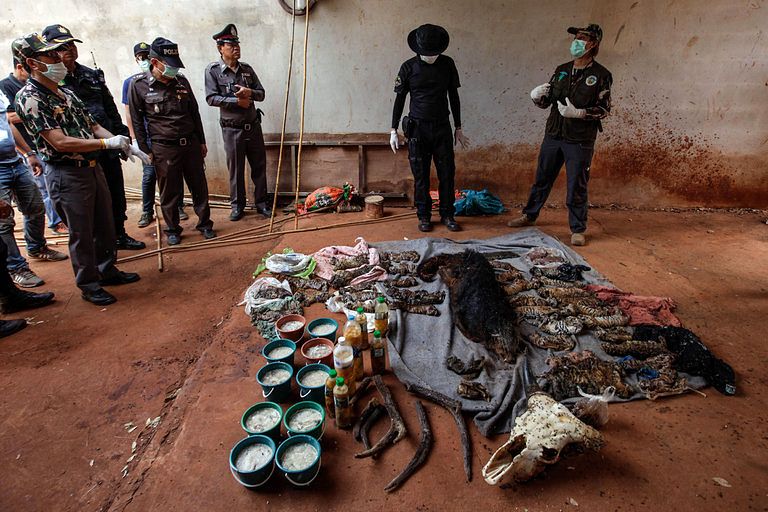Good news for Southeast Asia's wildlife enthusiasts: scientists just announced that, in 2015, they discovered 163 new species in the Greater Mekong region.
According to Mongabay, a new report by the World Wildlife Fund (WWF) was released not long ago detailing the newfound regional creatures, including nine amphibians, three mammals, 11 fish, 14 reptiles and 126 plants.
The Greater Mekong region comprises parts of countries located along the length of the Mekong River, including Vietnam, Cambodia, Laos, Thailand, Myanmar and China's Yunnan province. The area is regarded as one of the world’s most crucial biodiversity hotspots.
WWF also shared in the report that these discoveries bring the total number of new species found in the Greater Mekong to 2,409 since 1997.
Of all the new animal species, two were discovered in Vietnam: a woolly bat and a tiny frog. The bat, Murina kontumensis, has thick, fluffy fur on its head and forearms and mainly lives in the country’s Central Highlands. Leptolalax isos, the frog, is slightly bigger than a coin at 3 centimeters. The amphibian can be seen in both Cambodia and Vietnam and was first spotted in 2006, but it took a decade to confirm its existence, according to the news source.
Researchers also discovered Parafimbrios lao, a rather fabulous snake with rainbow colors around its head, in the limestone karsts of northern Laos; a newt from Chiang Rai, Thailand named Tylototriton anguliceps which could pass for a Klingon from the Star Trek franchise considering its dragon-esque horns; and a rare species of wild banana, Musa nanensis, in northern Thailand which has mesmerizing florescent red flowers.
Despite these recent discoveries, the region’s wildlife is being subjected to severe pressure from developmental projects, such as Laos’ contentious future dams. Moreover, animal poaching and trafficking are pushing regional endangered species to extinction, such as pangolins and Irrawaddy dolphins.
Not long ago, a band of fishermen based on Phu Quoc made national headlines for brutally torturing and slaughtering a dolphin. This goes to show that when it comes to endangered animals, local residents are still largely unaware of the consequences of their actions.
On a larger scale, the local government was also called out by an international court for failing to take action against an animal parts trafficking ring located in Nhi Khe village, not far from Hanoi. Although there have been a noticeable increase in government efforts to bust small-scale instances of trafficking, many are of the opinion that local authorities need to step up their game.
Jimmy Borah, wildlife program manager for WWF-Greater Mekong, told Mongabay one of the main reasons why such illicit operations still exist is because of consumers.
“Collectors willingly shell out thousands of dollars for the rarest, most unique and most endangered species from the region,” Borah told the news outlet. “To save them, it’s crucial that we improve enforcement against poaching and close illegal wildlife markets as well as the tiger and bear farms that openly flaunt wildlife laws.”
Video via AJ+.
[Photo via Mongabay]

